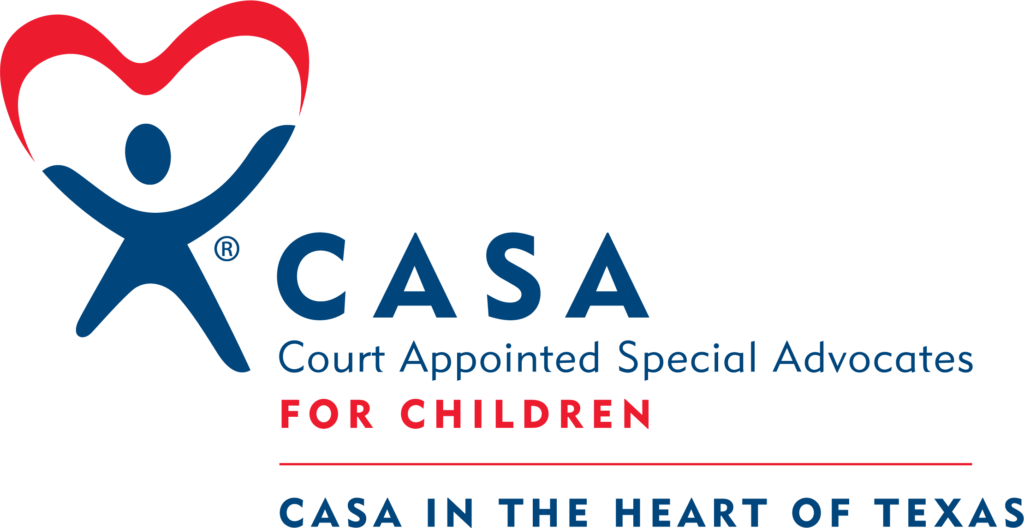
July in Texas is full of sun, swimming pools, barbecues and tons of fun activities for children. Many children have the opportunity to enjoy their summer vacation by attending camps, participating in sports or having a summer job, but there are many children in foster care who do not get the chance to experience these sorts of summertime activities.
Removed from home and placed in the child welfare system because their family is in crisis, these children are already facing trauma that no child should experience – yet on top of all of that, their participation in normal childhood activities with their peers often becomes an afterthought.
“Kids in foster care can feel disconnected from other kids their age because of what they’re going through, so it’s important to help them feel as normal as possible,” said Michelle Wells, Executive Director of CASA in the Heart of Texas. “Getting the chance to participate in normal childhood activities – and just be a kid – can be essential to a child’s well-being.”
“Normalcy” is a term commonly used in child welfare for any experiences that contribute to a child’s autonomy and social functioning. Activities associated with a “normal” childhood, such as sleepovers, pool parties, having an ice cream cone or going to a homecoming dance can be imperative to a child’s sense of security, regularity and well-being. Another aspect of normalcy is working to ensure that the realities and difficulties of a child’s situation interrupt their everyday lives as little as possible.
“Friendship and socialization are imperative for children to maintain good health and psychological well-being. While things like visitation, appointments and therapy are essential for the children we serve, we don’t want them to get in the way of everyday activities that are also important to their development, like school or an extracurricular activity,” said Wells.
Foster parents, CASA Advocates, caseworkers and others who serve children in foster care must work together to make normalcy a priority, explained Wells.
“These children have been through enough. The last thing they need is to be excluded from fun social activities with their peers,” said Wells. “This summer, CASA in the Heart of Texas aims to help local children in foster care have the opportunity to partake in normal, age-appropriate experiences.”
CASA Advocates are specially trained and appointed by judges to speak up for a child and advocate for their unique needs in court, at school and in other settings. They also get to know the other adults in the child’s life, including their parents, family, foster parents, caseworkers, counselors and more, and work with them to ensure the best interests of the child come first.
Ultimately, true normalcy is achieved when children are no longer in the system and have the resources and support they need to thrive—preferably back home with their family whenever safe and possible. Until then, they need an Advocate to speak up for them, to ensure they are able to participate in hobbies and activities that will help them grow and heal.
Become a Court Appointed Special Advocate and advocate for a child who needs you. You can find more information at www.CASAbrownwood.org or www.BecomeACASA.org. Call CASA at 325-643-2557 or email [email protected].